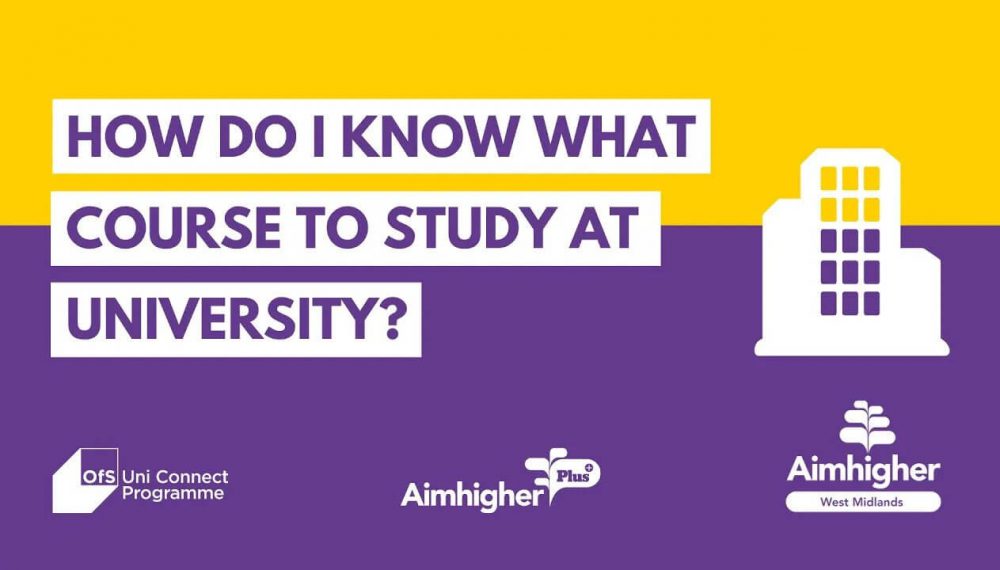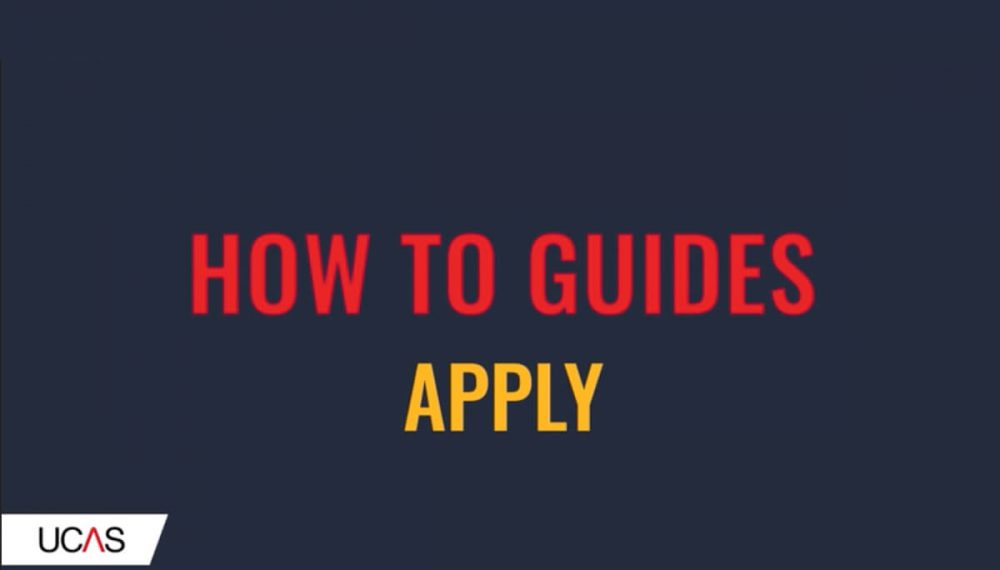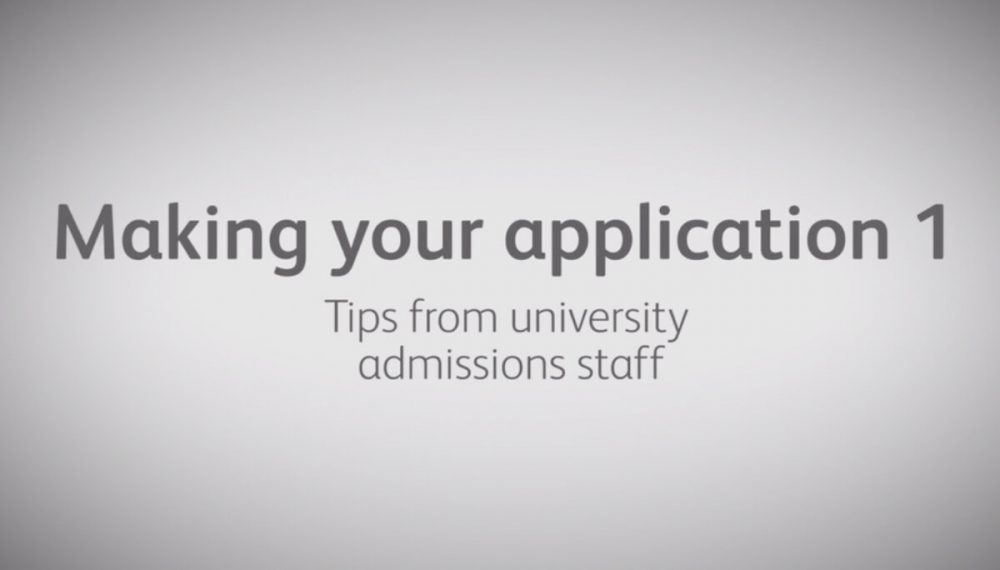More independence is a huge part of the university experience and for some students this will involve leaving home and learning to look after themselves. This can be daunting and there may be challenges but you’ll never have to face them alone!
Care Experienced Young People
If you’re a looked after child or care leaver, you will be entitled to extra support from your Local Authority and the University. It’s really important that when you apply to university you tick the box on your UCAS application, so the university knows. This is confidential and will only be shared with those who need to know in order to offer additional support. For example, some universities offer year-round accommodation and reduced tuition fees. Propel.org.uk has a wealth of information on supporting care leavers to access HE.
Young People with Special Educational Needs and Disabilities (SEND)
Over 45,000 disabled students enter higher education each year, meaning there’s already lots of on-campus support available. If you have a disability or support needs, it’s a good idea to contact a university directly to talk about support available – even before submitting a UCAS application. You may even be entitled to Disabled Students Allowance, a financial grant. Accessable.co.uk provides accessibility information on 1000s of locations including many universities.
Additional support is also often also available to carers, parents, low income families, asylum seekers and military families. It is the student’s responsibility to seek out most of these services so if you think you’ll need to access any of the support above it’s a good idea to contact the University in advance to introduce yourself.
“I was diagnosed with dyslexia while at university, which was great because it finally gave me an explanation as to why I found spelling and grammar difficult! I had so much support from Newman, my grades got better and I learned so much about myself and managing my dyslexia. When I struggled with my mental health in my third year, the academic support advisers were understanding and helped me get an extension on my dissertation.” Mickie, Aimhigher Progression Ambassador
Young People Struggling with Mental Health Issues
If you suffer with mental health issues, it would really benefit you to make your university support services aware of this in advance. It won’t affect your application, but it will mean you get the support you need as soon as you start university.
If you don’t feel comfortable disclosing this information before you arrive, then don’t worry. You can speak to a member of staff once you start university or once you have got to know the tutors better who will be able to help you access the resources and services that you need. Universities can offer a range of events and services to support their students such as coffee mornings, yoga sessions or one-to-one counselling.
Watch Remy’s video to find out more about the support that universities offer for those struggling with their mental health.













